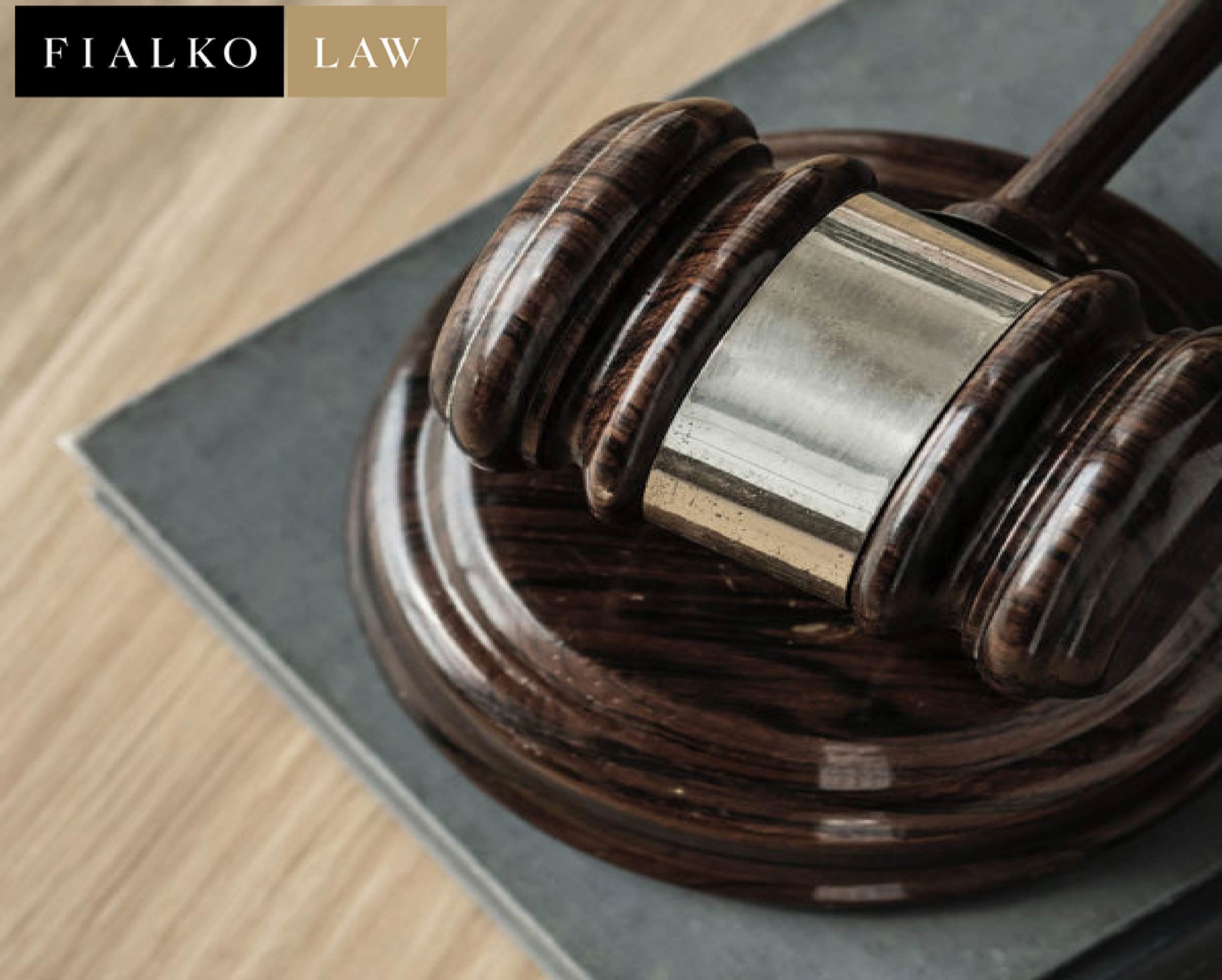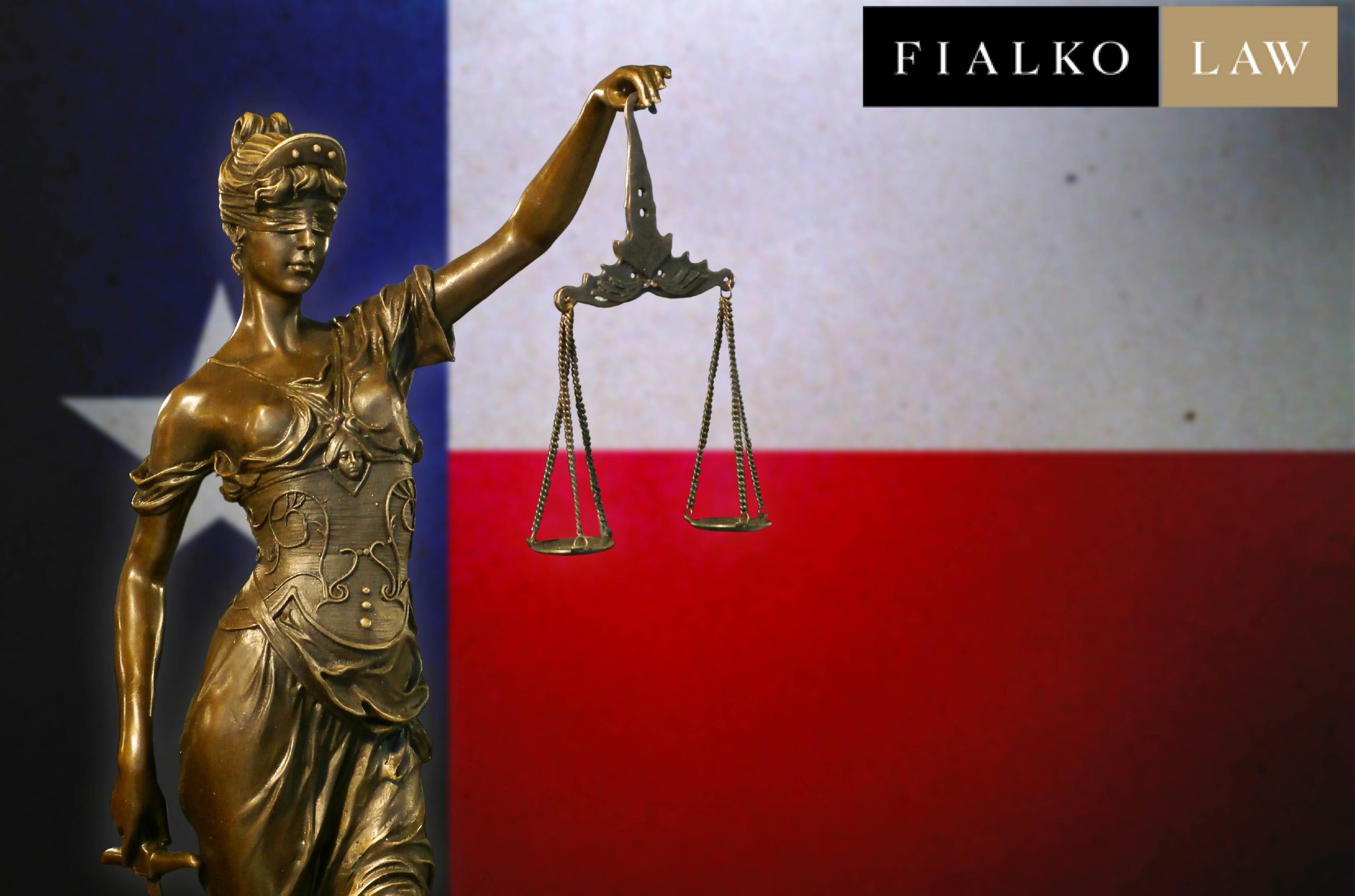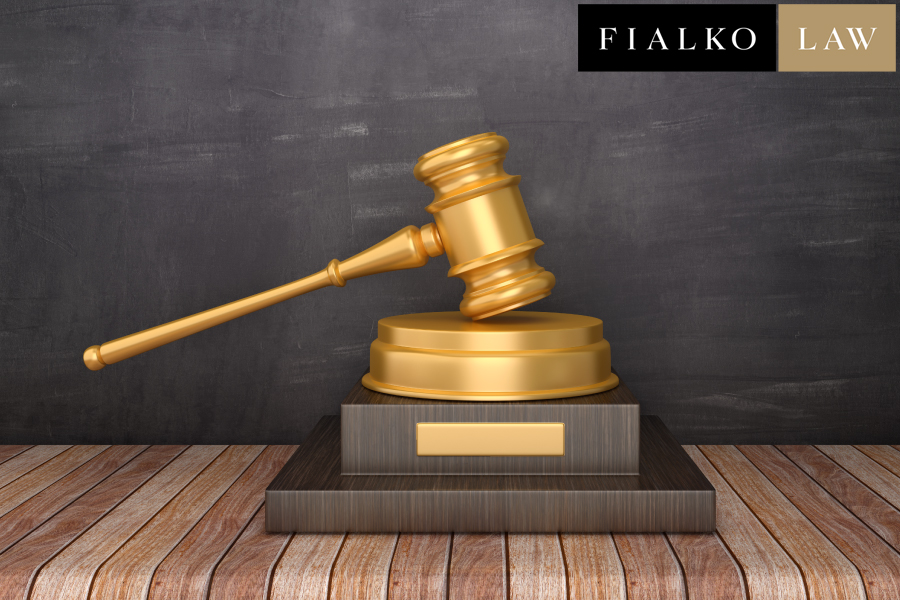Let me tell you a story about the power of Tom Petty, the case that should have put me in front of the Supreme Court, and a man’s redemption at Jail North.
While in Boston, on a college tour with my son, I ended up at a bar called Great Scott one evening. The local listing said a few local bands were playing. (Live music replenishes my soul.) Ever since Petty died, bands play covers of his songs at shows and I was hoping to hear a few.
I first noticed these Tom Petty tributes the Neighborhood Theater in Charlotte, when Conor Oberst played a rollicking version of the Petty song Walls/Circus. To my delight, Matt Charette and the Truer Sound played not one but two Petty songs in their set that night, including Learning to Fly. 30 seconds into that tune, I had a flashback to a crack cocaine bust at Charlotte-Douglas Airport circa 1999.
In the 1990s I was learning how to be a criminal defense lawyer. I represented many young black men who were arrested and accused of selling crack cocaine. This was the most intense era of America’s Mass Incarceration Project, although that descriptive term was not yet coined.
The federal court-appointed me to represent a fellow I will call “David†from New York.   This is David’s story.
When David got off a plane from La Guardia, three DEA agents were waiting for him at the gate. David had no luggage — just a stuffed backpack.
The lead DEA Case Agent pulled David aside and told him authorities in New York sent a tip he might be carrying drugs. David said, okay. The agent asked if David would mind stepping into a nearby bathroom to get out of the crowd, and the three agents ushered him into the bathroom.
They quizzed him:
- Why are you in Charlotte?
- Where are you going here?
- Why don’t you have luggage?
- Why did you buy your ticket with cash just an hour before the flight?
David answered each question briefly, but the agents were not satisfied.
- Can we search your backpack? We would like your consent to search your backpack.
- David answered, Do I have to stay here? Do I have to consent?
- The lead agent answered, It won’t take but a minute.
David was standing against the bathroom counter with a DEA agent on each side of him. He was cornered.
In silence, David looked around, took his backpack off, and handed it to the lead agent.
The search found two saucer-shaped blocks of crack cocaine. (Back then cocaine was often cooked into crack using a standard coffee pot, hence the shape.)
It was enough crack to give David from New York a mandatory 10-year federal prison sentence, even though he had no prior record.
- I challenged the search in a motion to suppress, arguing the agents detained David by walking him into the bathroom, surrounding him.
- I argued that they did not have probable cause to search his backpack.
- I argued that his silent submission to their authority was not really consent to search.
- But my favorite argument was that when David asked, Do I have to stay here, Do I have to Consent, then the Fourth Amendment required the police tell him what his rights were.
At that time, the Supreme Court had never decided this question: If police detain a person, and he asks what his rights were, must they tell him he has the right to refuse consent to a search of his person or belongings?
This is the case that should have taken me to the Supreme Court.
We had a long suppression hearing, where the case agents described the above events. Not much dispute about the facts; just what the law required.
The judge held it under advisement for a good long while.
While we waited, David from New York took the 28-day treatment program at Jail North. He told me that he was a paycheck crack addict. He had a good city union job in New York, but each week when his pay arrived, he bought crack and smoked it all weekend. He was determined to get sober.
David asked me to come to his graduation ceremony, to hear a song he had just learned to play. To my surprise, the jail let me attend. It was me, the counselors, and about a dozen inmates. At the end, a counselor handed David a guitar.
He strummed the first chords of Tom Petty’s song, Learning to Fly. Inside the windowless jail room, he sang like he had learned how to be free.
I had heard the song many times, but the lyrics meant something new in that room. We criminal defense lawyers who rarely cry, wipe our tears.
A few weeks later, the judge ruled against David on the motion. Fortunately, the government was worried about what might happen on appeal, and offered a plea deal that would halve his time. David took it.





